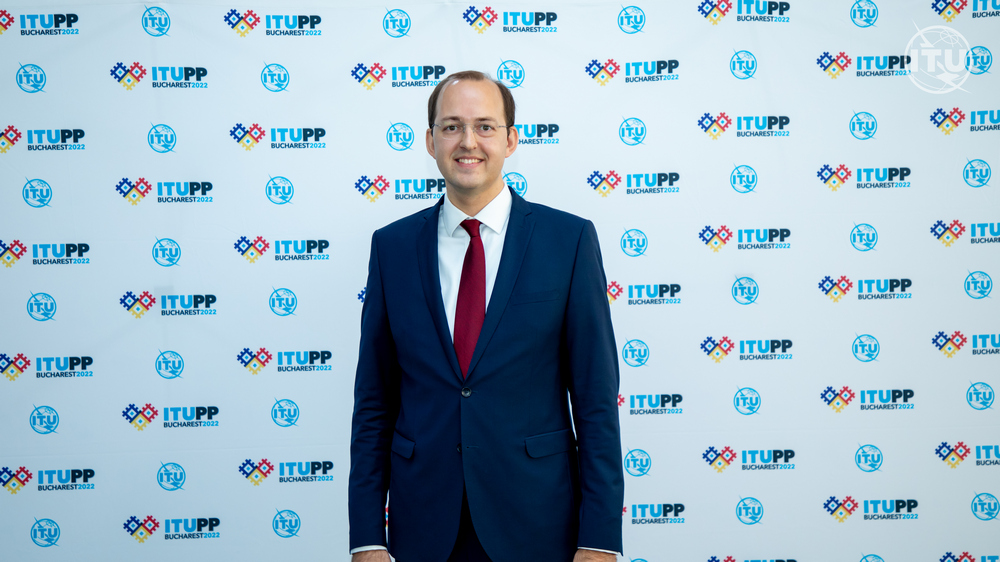Lithuania
Policy statement
H.E. Mr Marius Skuodis
Minister of Transport and Communications
Ministry of Transport and Communications

Dear Secretary-General,
Dear Chairman,
Dear Colleagues and esteemed Guests,
First of all, I would like to thank you, Mr. Zhao and the whole ITU team, for your efforts and leadership in fostering digital connectivity in the world.
Last years have starkly reminded the global community of how critical it is for everyone to be part of the digital world. During the COVID pandemic, economies had to rely mostly on digital connectivity. In conflict, lives depend on a well-functioning ICT infrastructure.
Our vision on ensuring digital connectivity is based on synergy of all market players as well as synergy of technologies. The role of the Governments is very simple, that is, ensuring an effective legal and regulatory ecosystem.
Dear colleagues, as the EU candidate Mr. Tomas Lamanauskas is campaigning for the position of Deputy Secretary General in the ITU, he also echoes this vision and strives to build broad impact-oriented partnerships.
To prove it works in practice, I can elaborate a few examples.
For 15 years, Lithuanian government invests in backbone infrastructure in remote areas, where business has no interest. Meanwhile, business ensures last-mile access. This internationally-acclaimed collaboration model enabled us to successfully connect 99 per cent of our territory. Moreover, it enabled the roll-out of 5G technology, which today already connects 80 per cent of Lithuanian population.
I am confident that Lithuania will cover 95 per cent of the territory with 5G by 2025. Already today we are building partnerships with neighbouring countries to roll out an international 5G Baltic corridor. This corridor will bring the future closer by enabling automated driving and intelligent transport services across borders.
We have established the SANDBOX regime to provide a safe environment for testing and practical deployment of innovations based on 5G technology. By building partnerships, the SANDBOX initiative will seek ideas from industry, research, and their respective consortia.
Colleagues, my team has probably met all of you these days, and we hear your main concern – that is cyber-security. I am delighted that the Lithuanian private sector has extensive experience in offering on-site training opportunities. Our key business representatives are here in Bucharest and you can contact them.
The integration of satellite and terrestrial systems is key to providing better quality and coverage for users. However, the war in Ukraine has shown the importance of having an alternative if the infrastructure supporting terrestrial communications has been destroyed. Satellite communication is likely the only means to connect with the rest of the world.
I am proud and happy that Lithuania has come forward to become a partner for Ukraine within the Partner-to-Connect program. An evaluation report on the damages to the Ukraine’s telecommunications sector has been finalized recently. We must all stand ready to offer further contribution in repairing and reconstructing Ukraine’s telecommunications sector.
I am convinced that ITU Member States are ready to strengthen and broaden partnerships in order to bring digital to everyone and leave no one behind. There are still 2.9 billion people, or 37% of the world’s population, who have never accessed the Internet and who must be connected.
I am sure that Tomas’s extensive knowledge help you all in this journey.
Finally, and most importantly, it would be my pleasure to greet you all at the Lithuanian reception today at 17:30 at Brancusi [Brankush’] Art Gallery here in this Palace.
Thank you.
More statements
All PP22 statements and speeches